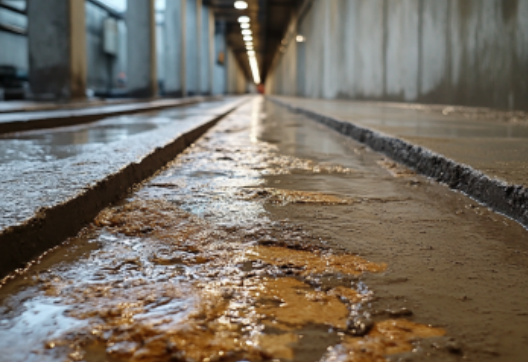A concrete accelerator is used in concrete or mortar to speed up the setting time and early strength development. This is especially useful in cold weather, emergency repairs, or situations where fast construction progress is needed.
Concrete accelerators play a pivotal role in expediting construction schedules by reducing setting times and enhancing early strength development. Like water reducers, retarders and plasticizers, concrete accelerators are chemical admixtures, added to concrete mixtures to speed up the hydration process of cement. This acceleration leads to:
Reduced Setting Time: Allowing for quicker finishing and formwork removal.
Enhanced Early Strength: Facilitating earlier load application and structural use.
These properties are particularly beneficial in cold weather conditions, where low temperatures can delay concrete setting and strength gain.
Calcium Chloride: Historically popular due to its effectiveness and low cost. However, it poses a risk of corrosion to steel reinforcement and is thus restricted in reinforced concrete applications.
Calcium Nitrate and Calcium Formate: These offer similar acceleration benefits without the corrosion risks associated with chlorides, making them suitable for reinforced concrete.
Sodium Silicate: Commonly used in shotcrete applications for rapid setting.
Triethanolamine: An organic compound that accelerates the hydration of cement, enhancing early strength development.
Concrete accelerators function by increasing the rate of cement hydration. This is achieved by:
Catalyzing Hydration Reactions: Accelerators act as catalysts, increasing the rate at which cement particles react with water.
Reducing Dormant Period: They shorten the initial dormant period of concrete, leading to faster setting.
Cold Weather Concreting: Low temperatures slow down the hydration process of cement, delaying setting and strength gain. Accelerators help counteract this effect, ensuring timely curing and reducing the risk of frost damage.
Fast-Track Construction Projects: When project timelines are tight, accelerators can speed up the setting time, allowing for quicker formwork removal and subsequent construction activities.
Precast Concrete Production: In precast operations, accelerators facilitate faster demolding by enhancing early strength, thereby increasing production efficiency.
Emergency Repairs: For urgent repair works, such as road or runway fixes, accelerators enable the concrete to set and gain strength rapidly, minimizing downtime.
Shotcrete Applications: In sprayed concrete applications, accelerators are essential to ensure the material adheres quickly to surfaces, especially in overhead or vertical applications.

Dosage control is critical—too much can cause cracking or reduce strength. The addition of a concrete accelerator should be carefully considered based on environmental conditions, project requirements, and material compatibility. Asking concrete accelerator suppliers for proper usage ensures enhanced performance and efficiency in concrete applications.
Concrete accelerators are invaluable in modern construction, offering solutions to challenges posed by time constraints and environmental conditions. By understanding their types, mechanisms, and applications, construction professionals can make informed decisions to enhance project efficiency and durability.